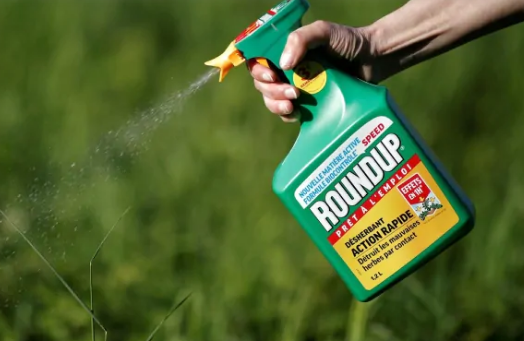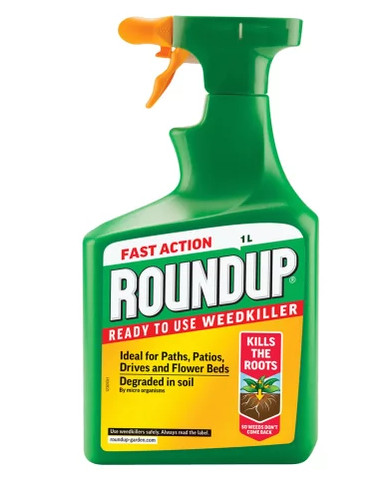Stonington — The increased spraying of weed killer along town roads, after a 15-year-old flail mower the highway department uses to cut the weeds broke, has prompted criticism by residents on social media over the past week.
First Selectman Rob Simmons said Tuesday that the town has now ceased the spraying and is leasing a new mower for a few weeks as it prepares to ask the Board of Finance on Wednesday to appropriate an additional $10,213 to fix the mower. Simmons said that about $50,000 for a new mower had been included in the proposed 2018-19 budget but it was cut to help keep the tax rate low at a time when there was uncertainty about state funding cuts.
Simmons said the town had sprayed weed killer along its roads for many years while the state has done so along routes 1 and 2 and Pequot Trail. He said the town has decreased spraying in recent years until the mower broke, which also resulted in highway employees using weed wackers, which he said is inefficient and dangerous because it places the workers near moving cars.
The town has posted an explanation of the issue on its website, stating the control of roadside vegetation is essential to traffic safety by ensuring clear sight lines. It adds that the town does this through the use of manual, mechanical and chemical methods.
The town started the spraying of the guardrails and all downtown curb lines two or three times a year in 2009 and continued until 2014. The town states it used a herbicide called glyphosate but since 2014 public works employees significantly have reduced spraying and focused primarily on guardrails, where the mower and other devices were difficult to deploy. The town now only sprays 2 to 3 days per year.
Spraying also is done annually at the Pawcatuck Dike with glyphosate.
This spring, with the flail mower out of service, the town hired TruGreen Rocky Hill, and the work was managed by a state-licensed supervisory applicator and arborist. Spot spraying was done last month at guardrails and parts of road rights of way.
Streets sprayed on May 17 and 18 were Flanders Road, Jerry Brown Road, Wheeler Road, Al Harvey Road, North Stonington Road, Stony Brook Road, Jeremy Hill Road, Taugwonk Road, Farmholme Road, Sommers Lane, Main Street, Old Mystic, Greenhaven Road, Burdick Lane, North Anguilla, South Anguilla and Stillman Avenue.
The herbicides Aqua Neet and Garlon (also known as Triclopyr) were used, both of which the town said are approved for use by the state Department of Energy and Environmental Protection within the municipal right of way. Triclopyr has been found to be slightly toxic to ducks, moderately toxic to fish and not toxic for humans.
The town also reported that on May 23, a local beekeeper said there had been a bee die-off as a result of the spraying.
The town said it passed on the complaint to a DEEP official, who said it was unlikely the herbicide being used would kill bees. The DEEP asked the beekeeper to provide a sample of a dead bee to be tested at state expense. The town said there have been no other complaints pertaining to bees.
Credit: theday.com












